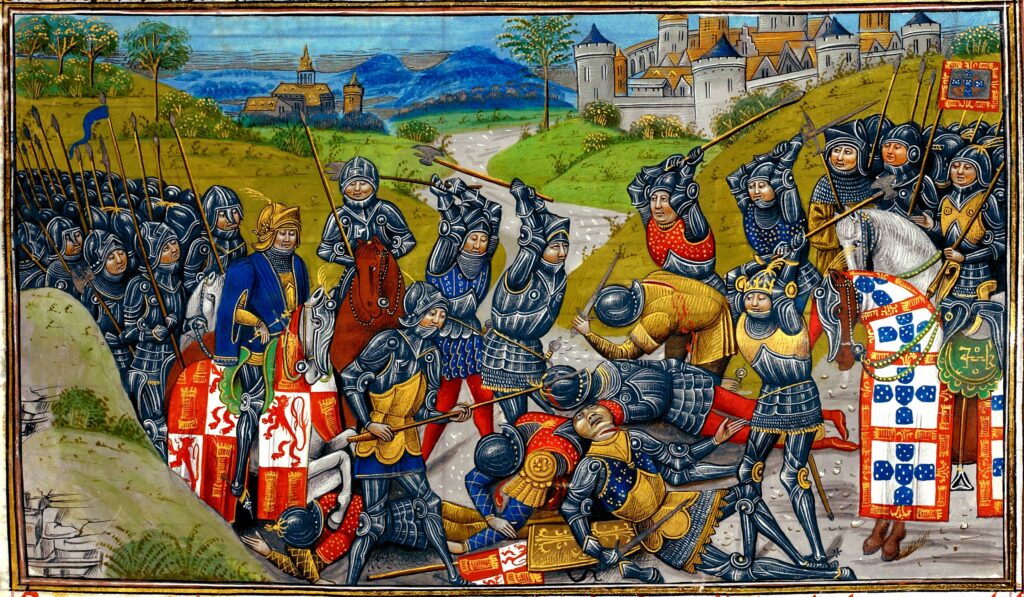601 Birthday of a Kentish princess
One of the ways in which Christianity spread among the barbarian tribes that had overrun the western Roman Empire was the conversion of the king. Often this was brought about as a result of a marriage into a Christian royal family from another realm.
In the seventh century, the Kingdom of the Franks was the dominant state in western Europe and many lesser nations wished to be allied with it. One way to secure this was to marry one of the Merovingian dynasty’s princesses but the Franks always insisted that the young woman be allowed to bring along a bevy of priests and that they be given the right to proselytize. In such a way, pagan Kent became Christianized. King Aethelberht married the Frankish princess Bertha, converted along with a host of his followers, and, in turn, produced a Christian princess of his own, daughter Aethelburh, to marry off to a pagan neighbour.
After marrying Aethelburh in 627, Edwin of Northumbria adopted his wife’s faith. The Venerable Bede has a memorable passage describing the debate preceding this conversion. In the end, Edwin will be killed in battle by the Mercians, be made a saint by the Catholic Church, and his wife will flee back to Kent. There she will found an abbey, one of the first Benedictine nunneries in England. She will die in 647.















